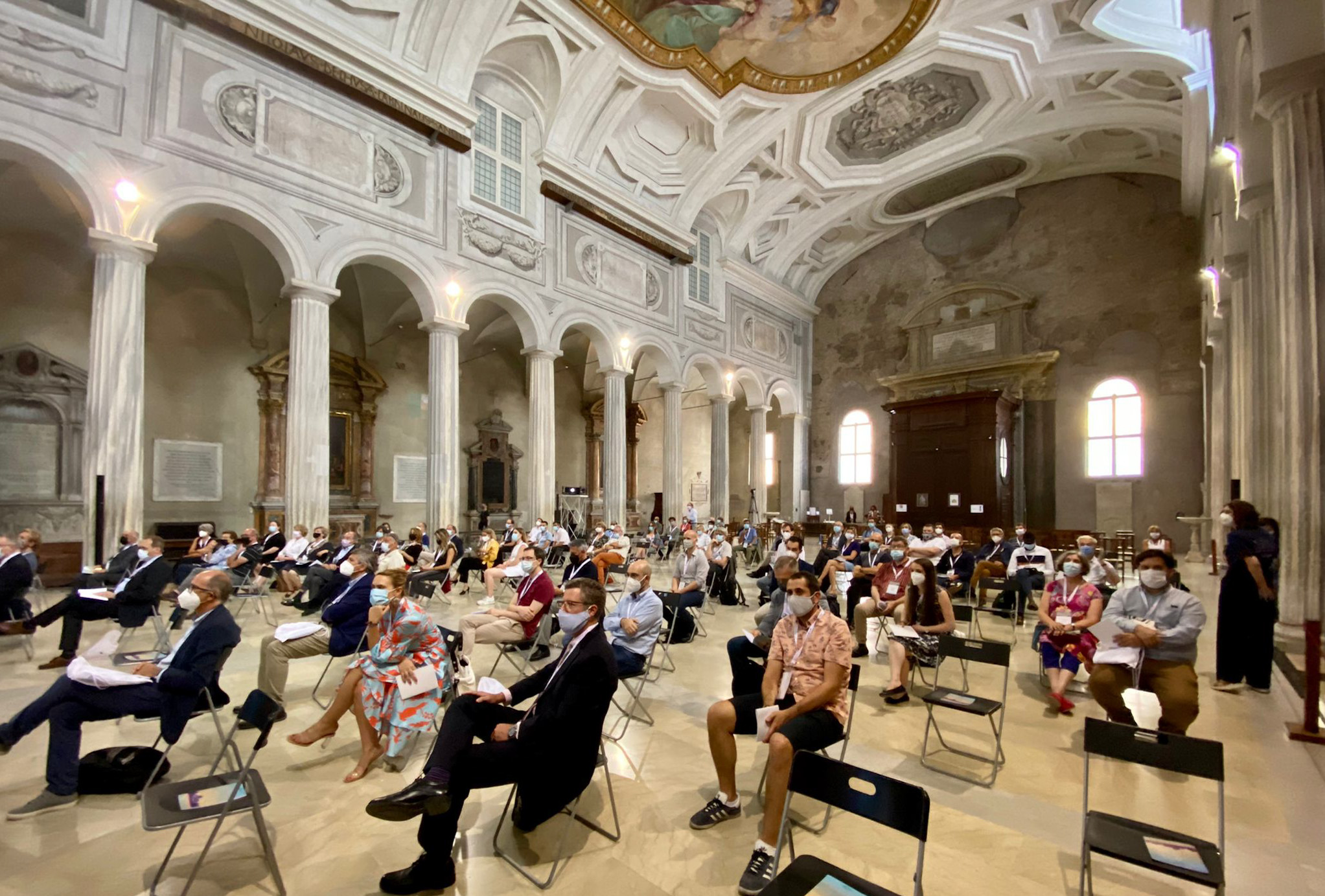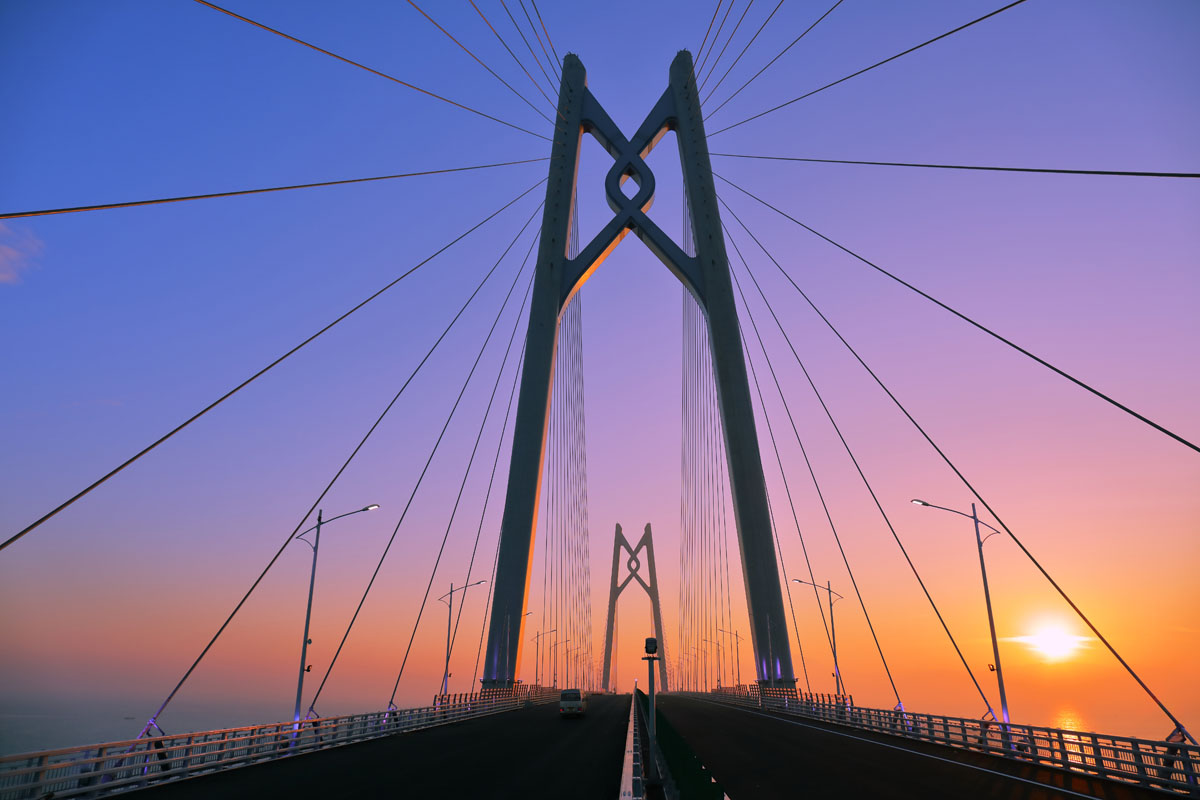A city that is worthy of the title “Asia’s World City” should be able to tolerate nighttime noise. In a city where pneumatic drills wake residents regularly and where traffic noise in many residential areas forces some residents to live in semi-rural areas, noise abatement laws hamstring one of the economy’s biggest sectors.
Hong Kong makes its name and wealth from service industries, a grouping that includes the travel sector. Between 2002 and 2006, the restaurants and hotels cluster, grew by 56 percent, which is a direct indicator of the importance of inbound tourism to Hong Kong.
Part of the raw attraction of Hong Kong is the noise – often called “vibrancy” in more politically correct circles – and the 24-hour feel of the city. So why strangle it with restrictions on noise?
Some of the prime outdoor venues in the city – Top Deck at Jumbo Kingdom, Aberdeen Harbour, the inventory of rooftop bars and clubs, the poolside venues at the leading five-star hotels – are restricted by some stringent noise abatement laws that, in some cases, go as far as preventing any noise
after 11pm.
Generally, between the hours of 11pm and 7am any noise must be kept to a minimum. Fair enough. But one section of the Noise Control Ordinance requires that noise from outdoor events with amplified music be inaudible from 11pm to 7am, as measured by nearby noise receivers.
Why is that the case for premises such as the Jumbo Kingdom that are in the middle of a mixed-use area? Why the blanket restrictions on noise in the Knutsford Terrace strip?
The Hong Kong Environmental Protection Department is in charge of keeping noise pollution to a minimum. But despite its best efforts, even the EPD admits Hong Kong “remains a fairly noisy city” on its website.
It is clear there has to be a balance and no one is arguing that noise should be allowed around the clock. But the broader travel industry lives or dies by the vibrancy of the city’s neighbourhoods. I do not think there would be any argument for a “free pass” on noise from any inbound DMCs, for example. But there is a case for loosening Hong Kong’s notoriously bureaucratic regulations before it strangles the goose that lays the golden egg.


